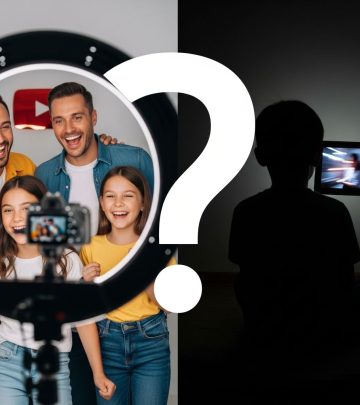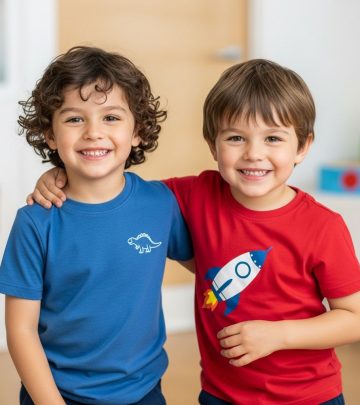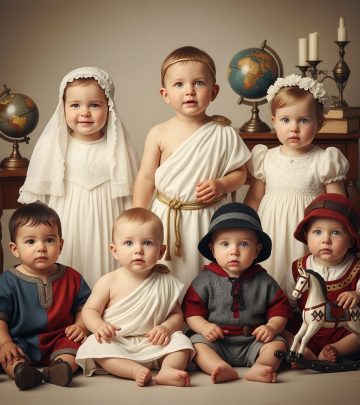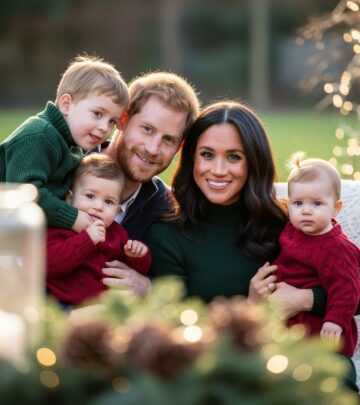A Primer on Martin Luther King Jr. Day: Meaning, History, and Ways to Honor the Legacy
Learn the history, significance, and ways families can honor Dr. King's legacy on MLK Day through reflection, education, and service.
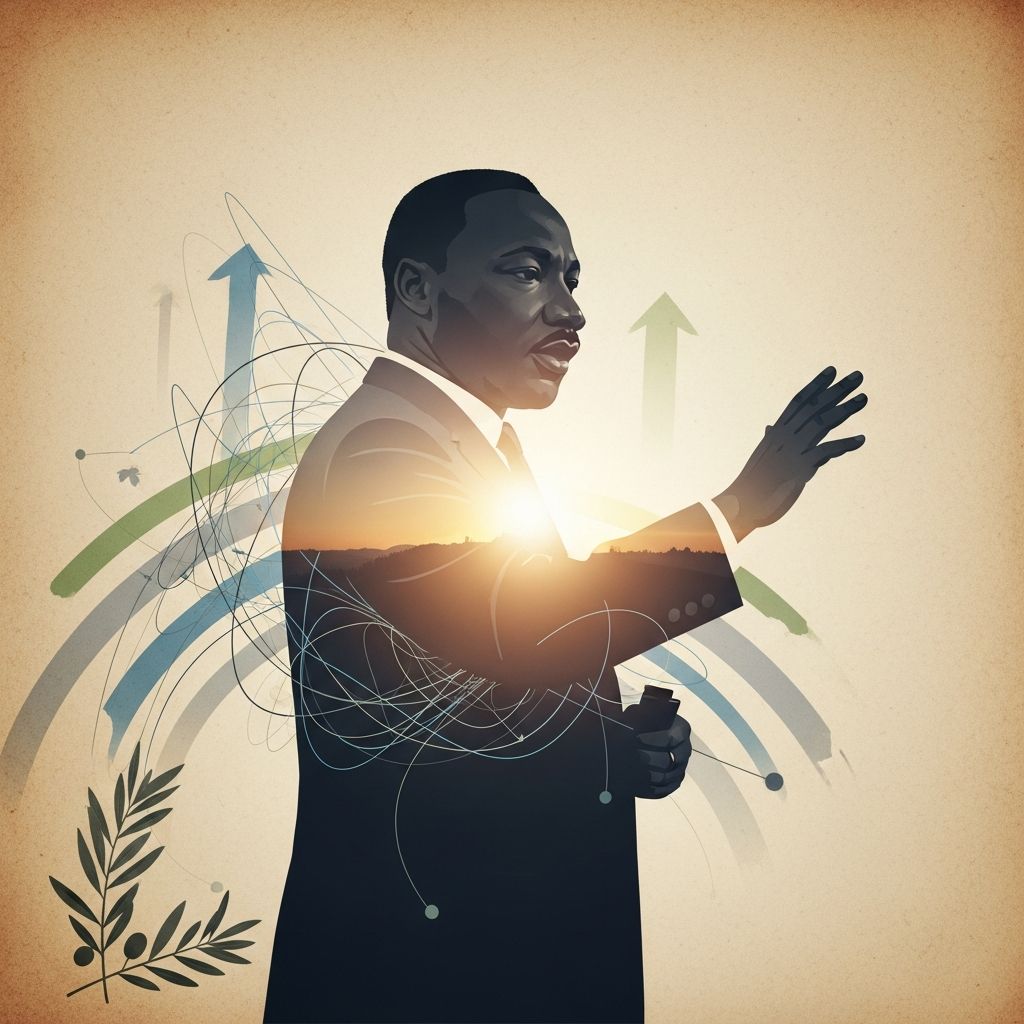
Martin Luther King Jr. Day Primer
Every January, families across the United States observe Martin Luther King Jr. Day, a federal holiday dedicated to celebrating the life, work, and continuing legacy of Dr. King—a central figure in the American civil rights movement who advocated for justice, nonviolence, and equality. For parents and children alike, MLK Day offers a meaningful opportunity to reflect on social change and consider how each of us can contribute to a fairer society.
What Is Martin Luther King Jr. Day?
Martin Luther King Jr. Day is observed on the third Monday of January each year, close to Dr. King’s birthday on January 15. The holiday honors Dr. King’s achievements as a pastor, activist, and powerful voice for nonviolent resistance against racial segregation. It is the only federal holiday designated as a National Day of Service, promoting nationwide volunteerism and acts of community service.
- Commemorates Dr. King’s birth and legacy
- Focuses on civil rights, equality, and nonviolent activism
- Encourages Americans to participate in public service
- Acts as a time for remembrance, learning, and reflection
A Brief Biography: Who Was Martin Luther King Jr.?
Dr. Martin Luther King Jr. (1929–1968) emerged as a leading figure in the mid-20th-century movement for civil rights in America. His philosophy emphasized peaceful protest and love, inspired by his Christian faith and the teachings of Mahatma Gandhi.
| Key Facts | Details |
|---|---|
| Born | January 15, 1929, Atlanta, Georgia |
| Role | Baptist minister, leader of the American civil rights movement |
| Awards | Nobel Peace Prize (1964) – youngest recipient at the time |
| Landmark activism | Montgomery Bus Boycott (1955), Southern Christian Leadership Conference (SCLC, founded 1957), March on Washington (1963) |
| Major achievements | Civil Rights Act of 1964, Voting Rights Act of 1965 |
| Assassinated | April 4, 1968 |
How Did Martin Luther King Jr. Day Become a Holiday?
The journey to a national holiday honoring Dr. King was marked by years of passionate advocacy, legislative battles, and grassroots campaigning.
- 1968: Legislation for MLK Day was introduced four days after his death by Congressman John Conyers, with support from Coretta Scott King.
- 1970: Some states and cities began observing King’s birthday.
- 1983: President Ronald Reagan signed the King Holiday Bill, establishing the federal holiday.
- 1986: First nationwide observance of MLK Day.
- 2000: All 50 states finally recognized the holiday.
The campaign faced resistance rooted in racial and political opposition, despite widespread grassroots support and high-profile advocacy from figures like Stevie Wonder and the Congressional Black Caucus. Schools, communities, and activists throughout the nation persistently celebrated Dr. King’s birthday in the interim, paving the way for broader recognition.
The Significance and Traditions of MLK Day
MLK Day shines as a moment for national remembrance, reflection, and recommitment to the pursuit of justice and equality. Over time, its observance has grown from commemorative church services—inspired by rituals in Atlanta where King lived and preached—to marches, speeches by civil rights leaders, and educational programs throughout the U.S..
- Rituals include laying wreaths, community gatherings, singing “We Shall Overcome,” and candlelight vigils.
- Public ceremonies often feature speeches from political and social leaders, and highlight Dr. King’s messages of hope, unity, and peace.
- Locally, MLK Day parades, marches, and commemorative events anchor the holiday in community engagement.
Since 1994, MLK Day is also recognized as a National Day of Service, encouraging everyone to engage in acts of kindness and service to honor Dr. King’s commitment to helping others.
Why Do We Celebrate MLK Day?
Martin Luther King Jr. Day is not only a tribute to one of the most pivotal figures in American history, but a call to reflection and action. Dr. King’s message, that “whatever affects one directly, affects all indirectly,” continues to resonate today.
- To honor the achievements of Dr. King in advancing civil and human rights for all Americans
- To promote the principles of nonviolence, equality, and justice
- To encourage education about social change and civil rights history
- To inspire individuals to take part in service and community improvement
Dr. King’s legacy is one of service, courage, and love. Celebrating MLK Day is an opportunity for both children and adults to remember the sacrifice and vision that transformed American society and continue the work toward justice and equality.
Ways Families Can Honor Martin Luther King Jr. on MLK Day
Commemorating Dr. King’s legacy is most meaningful when families engage together in reflection and action. Here are practical and purposeful ideas for parents and children:
- Participate in Service Projects: Join a community organization, clean up a park, distribute food to those in need, or contribute to local charities. Many cities and towns host National Day of Service events on MLK Day.
- Read Together: Explore age-appropriate biographies of Dr. King or children’s books about civil rights, diversity, and kindness. Storytelling connects children to King’s life and mission.
- Attend or Organize Events: Parades, commemorative gatherings, or observances at local churches and community centers can introduce kids to the historic significance of the day.
- Watch Documentaries: Family viewing of acclaimed civil rights documentaries or short videos on Dr. King can spark meaningful conversations.
- Create Art Projects: Inspire children to express what justice and equality mean to them through drawing, painting, or crafts that reflect King’s messages.
- Engage in Discussions: Talk with your children about fairness, race, kindness, and courage. Relate Dr. King’s ideas to their daily lives and teach empathy.
- Reflect on Quotes: Share and discuss some of Dr. King’s powerful words. For example:
- “The time is always right to do what is right.”
- “Life’s most persistent and urgent question is, ‘What are you doing for others?'”
- “We are caught in an inescapable network of mutuality, tied in a single garment of destiny.”
Teaching Kids About Martin Luther King Jr. and the Civil Rights Movement
MLK Day offers an opportunity for parents and educators to start age-appropriate conversations about race, history, and social justice.
- Use accessible language: Explain inequality, segregation, and how Dr. King worked peacefully to change unfair laws.
- Highlight key events: Share stories about the Montgomery Bus Boycott, the March on Washington, and the passing of the Civil Rights Act.
- Encourage empathy: Ask children how they would feel in unfair situations and how they might stand up for others.
- Connect to modern issues: Relate historical struggles to today’s social movements for fairness and respect.
Storytelling and interactive activities reinforce these lessons, helping children understand the importance of standing against injustice and treating everyone with respect.
Frequently Asked Questions (FAQs) About Martin Luther King Jr. Day
Q: When is Martin Luther King Jr. Day observed?
A: The holiday is observed on the third Monday in January each year, which is near Dr. King’s actual birthday, January 15.
Q: Why was it difficult to make MLK Day a national holiday?
A: Despite widespread popularity and early grassroots support, the movement faced political and racial opposition that delayed its approval for many years. The federal holiday finally became law in 1983.
Q: What does the MLK Day of Service involve?
A: It encourages everyone to perform acts of kindness, volunteer with community organizations, and commit to personal and public service in honor of Dr. King’s legacy.
Q: Are there specific activities for children and families?
A: Yes. Families can read children’s books about Dr. King, participate in service projects, create art, attend parades, and talk together about fairness, kindness, and justice.
Q: Is Martin Luther King Jr. Day celebrated everywhere in the United States?
A: Yes. All 50 states recognize MLK Day as a holiday, though it took until 2000 for nationwide adoption.
Resources for Learning and Service
Many organizations offer resources for learning about Dr. King and volunteering as a family:
- AmeriCorps: National database for service opportunities.
- The King Center: Atlanta’s comprehensive resource on Dr. King’s life and legacy.
- Local Schools & Libraries: Events, reading recommendations, and educational materials.
- Civil Rights Museums: Online exhibits and virtual tours for deeper understanding.
In Summary: Making MLK Day Meaningful for Your Family
Martin Luther King Jr. Day is more than a day off—it is a day on, calling Americans to honor Dr. King’s principles through service, reflection, and community engagement. By exploring Dr. King’s life, his leadership, and his dedication to nonviolence and equality, families can foster empathy, strengthen civic responsibility, and inspire children to dream of—and help build—a better world.
Quick Ways to Get Started
- Plan a family service activity (volunteering, donations, helping neighbors)
- Read one short biography of Dr. King with your child
- Watch a children’s documentary or animated short about MLK
- Draw a poster or write a poem with your child reflecting on the theme “justice”
- Attend a local MLK Day event or parade
- Spend a few minutes as a family talking about why everyone deserves respect
By filling MLK Day with learning, remembrance, and purposeful action, families honor Dr. King’s legacy and move forward on his path toward justice for all.


